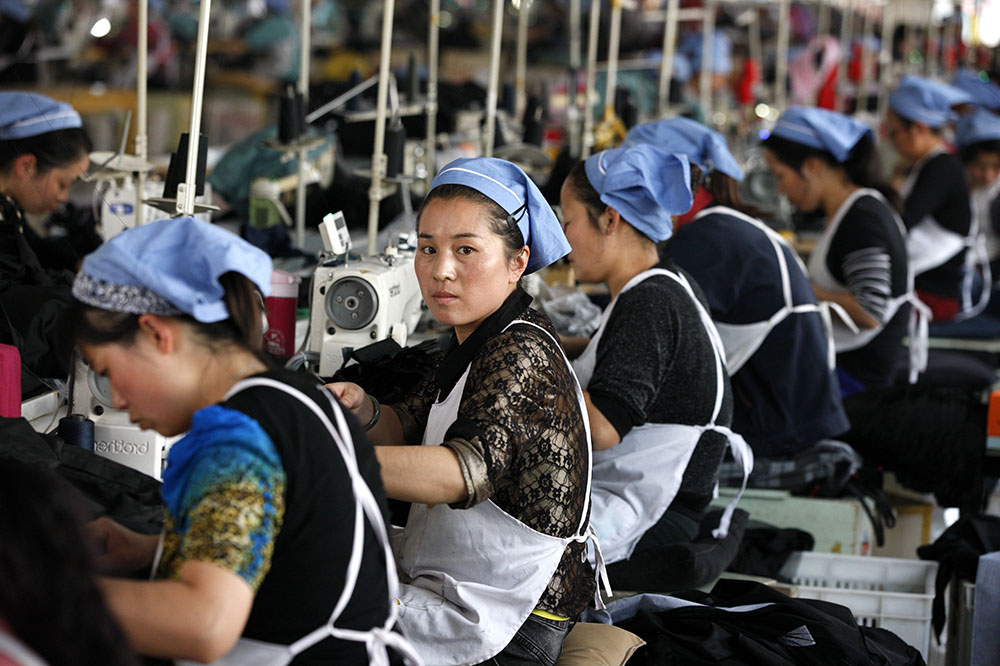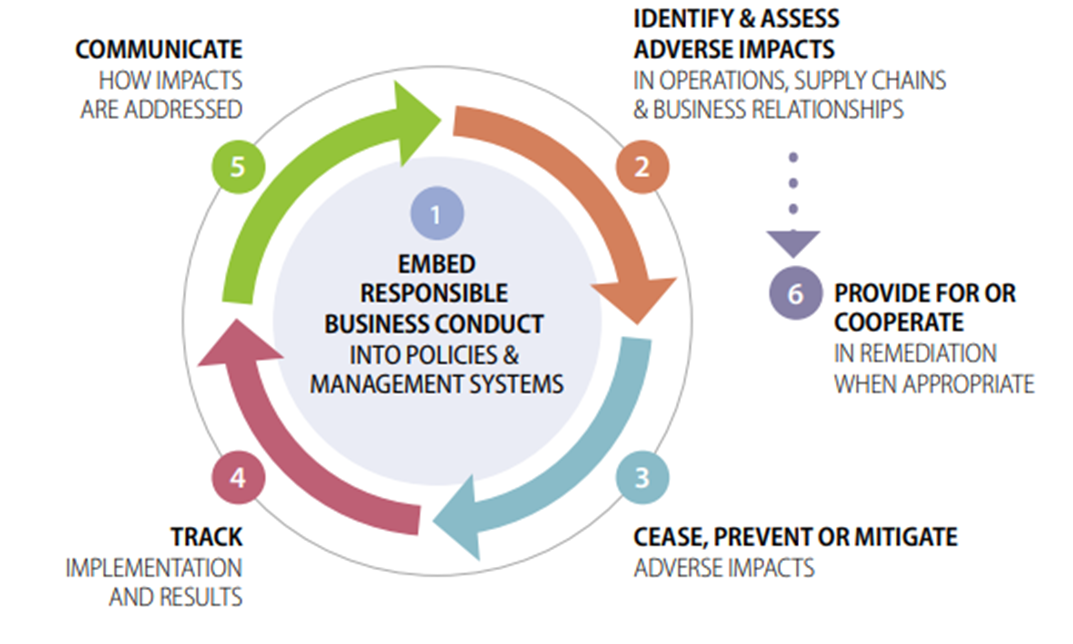Practical guide prepares companies for IRBC legislation
The Dutch Agreement on Sustainable Garments and Textile has drawn up an extensive document that helps companies in the sector step by step to engage in international responsible business conduct (RBC). The document also contains links to resources, practical examples of companies and explanations of terms. This makes it also very useful for companies from other sectors to get started with international RBC. The document helps companies prepare for upcoming RBC legislation.
 © Shuttertock / Frame China
© Shuttertock / Frame China
The so-called ‘Practical guide for companies on IRBC and OECD due diligence’ formed the basis for the annual assessment of participating companies in the Dutch Agreement on Sustainable Garments and Textile that recently expired. This framework -assessed positively by the OECD- implements the OECD Guidelines for due diligence in a practical way through an extensive questionnaire. This means that companies identify, prevent and mitigate potential risks in their supply chain, and account for how they deal with them. The framework makes clear what a company should tackle first, why it is relevant, which tools are helpful and which organizations can help.
Prepared for legislation
The European Union presented a proposal on due diligence legislation two weeks ago and a proposal on the Corporate Social Responsibility Directive (CSRD) last year. The assessment framework helps companies to prepare for this. It takes companies step by step through the due diligence process and shows with examples how companies are already implementing this. Companies from all kinds of sectors can get started with it, because it concerns the principles of a good due diligence system according to the OECD Guidelines (see figure).

Source: OECD (2018), OECD Due Diligence Guidance for Responsible Business Conduct, p. 21.
